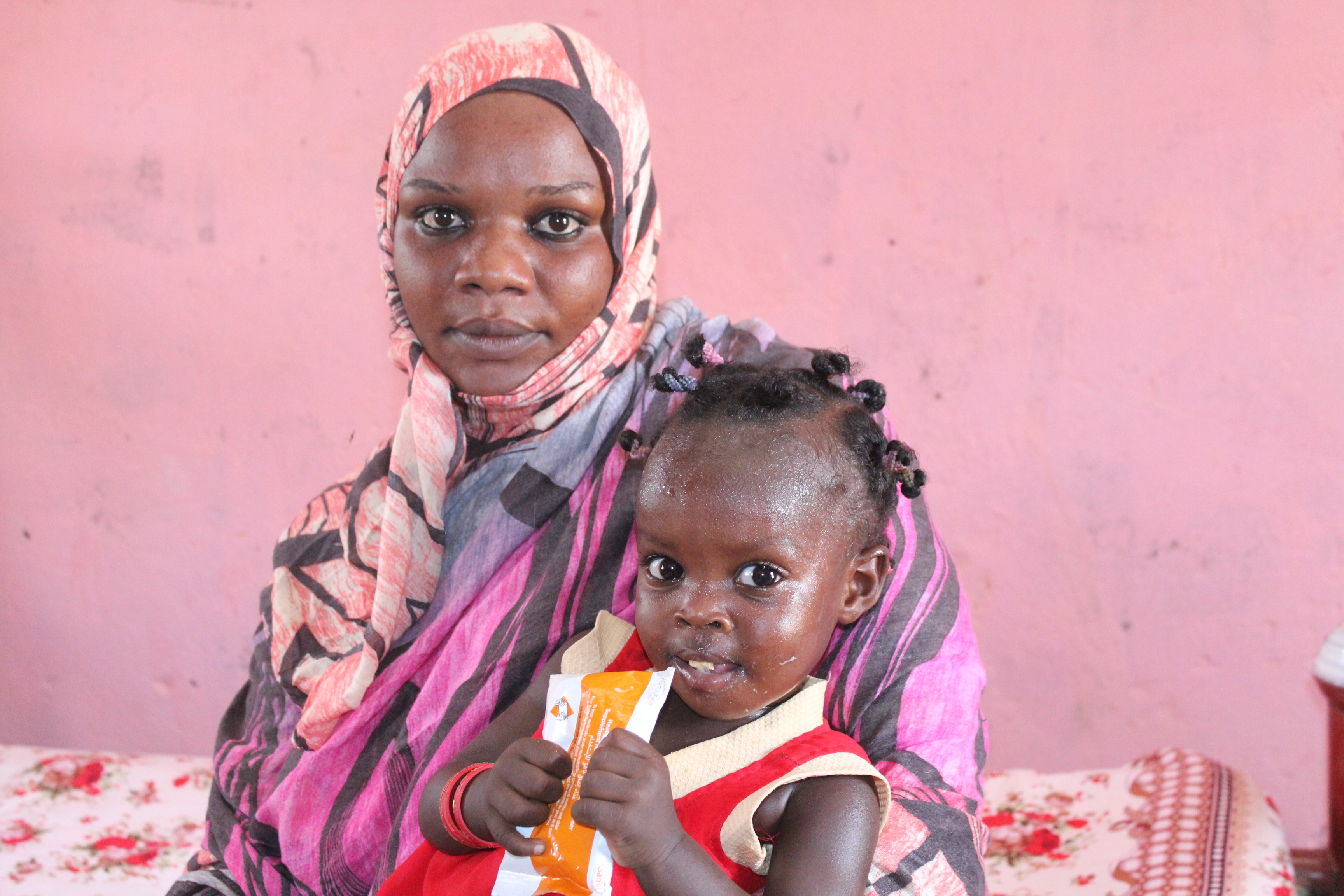
Sudan has experience a series of acute watery diarrhea and Cholera outbreaks for the last couple of years. The current cholera outbreak is more severe than the previous ones affecting a larger number of people in a shorter period of time. This cholera outbreak in Sudan began at the end of August and by 08 September, the Federal Ministry of Health (FMoH) announced an outbreak of cholera in Blue Nile State. The fact that the FMoH announced a cholera outbreak is a pleasing sign, especially announcing this so quickly. Before the revolution, cholera was rarely acknowledged and responses to outbreaks were equally weak.
This year’s rainy season had been larger than usual and resulted in heavy floods affecting a wide area in many states. Most people in Sudan depend on de-centralized water sources, including private wells and, in many cases, untreated water sources (ponds, canals, and rivers), that are affected by the floods.
An estimated 346,300 people are affected by flood (across 16 states of Sudan including Blue Nile and Sinner states). The floods, combined with the poor living conditions, limited access to safe water and sanitation and free cross boarder movement of people to Ethiopia and South Sudan, where there has been an ongoing cholera outbreak, increase the risk of rapid spread of cholera.
The index case was reported from Ganees Shareg area of El Rosaires locality at the end of August and within a few days, it rapidly spread to other locations and by mid-September, five of seven localities in Blue Nile State had reported 94 cases of cholera with six deaths. The outbreak in a short period of time has started spreading to neighbouring states and suspected cholera cases continue to rise, with 226 cases and eight deaths reported in Blue Nile and Sennar states already. Population movement, poor sanitation and hygiene practices, along with other vulnerabilities continue to contribute for the spread of this disease of public health importance. According to FMoH and WHO, eight states are at high risk: Blue Nile, Sennar, Gezira, Khartoum, Gadaref, White Nile, Kassala, and River Nile. Sudan is now facing a complex emergency including flooding, conflict, hunger, and cholera outbreaks.
An estimated 13,200 cholera cases could be expected in high risk states, including Sennar and White Nile, in the next six months. The current situation and the predicted scenario demands a rapid intervention to mitigate the impact of the outbreak spread, reduce the case fatality and respond to the immediate needs of the affected population, including vulnerable and marginalized children and adults. Humanitarian Advisors calls on the Humanitarian Aid Commission in Sudan, along with FMoH, and WHO to continue their efforts to support humanitarian organisations responding to this crises.